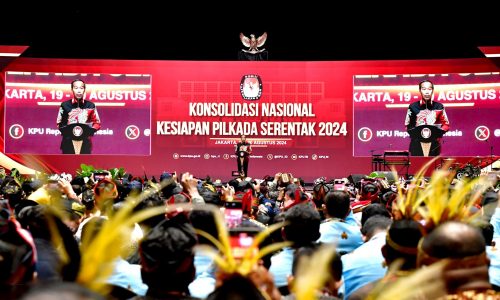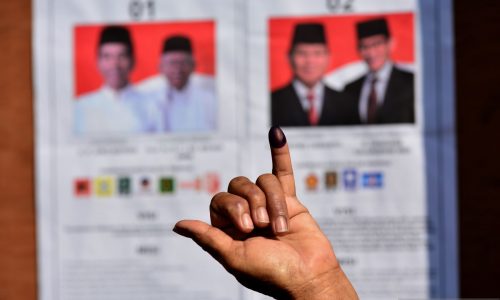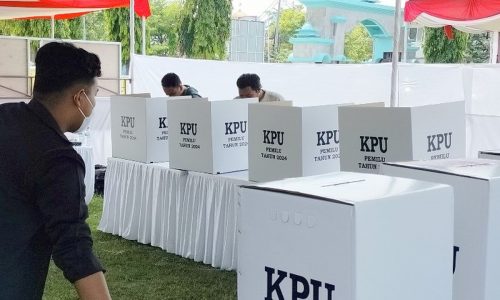British multinational oil and gas company, bp, has signed a Rp56.5 trillion (US$3.5 billion) project with partner contractors of Saipem Consortium − Engineering, Procurement, Construction, and Installation (EPCI) company PT Meindo Elang Indah and PT JGC Indonesia, a subsidiary of Japanese JGC Holdings Corporation − for Carbon Capture, Utilization, and Storage (CCUS) and EPCI work contracts of the Tangguh Ubadari National Strategic Project (Tangguh UCC).
The project was signed in Jakarta on Tuesday, November 26, 2024 by bp Vice President for Procurement James Tehubijuluw, Paolo Evangelista from Saipem, Vincent Chan from Meindo, and Soeryadi from JGC Indonesia. Present at the ceremony were Head of the Upstream Oil and gas Regulatory Task Force (SKK Migas) Djoko Siswanto and Kathy Wu, bp Asia-Pacific Regional President for Gas & Low Carbon Energy.
The Tangguh UCC project, which was previously announced with a total investment of US$7 billion (around Rp 110 trillion), is expected to be a milestone in Indonesia’s energy development. Head of SKK Migas Djoko Siswanto secribed this project as an integral part of the government’s efforts to achieve the national gas production target and support the decarbonization agenda.
“This project makes a major contribution to national energy security and emission reduction efforts. Lessons learned from the implementation of the Train 3 Project must be used as a reference to ensure project completion on schedule and on budget. We encourage BP to proactively identify and address potential obstacles early on,” Djoko said.
Kathy Wu said that this project will add 3 trillion cubic feet of natural gas resources, support domestic and regional energy needs, while reducing carbon emissions through CCUS technology. As much as 15 million tons of CO₂ will be re-injected into the reservoir in the early phase of the project, making it the first large-scale application of this technology in Indonesia.
Social and economic impacts
In addition to contributing to energy security, the project is expected to create positive effects for local communities, especially in Papua. During the construction period, it is estimated that around 6,000 new jobs will be created. Currently, the workforce at the Tangguh LNG Project consists of 99 percent Indonesian citizens, with 70 percent of them being indigenous Papuans.
The UCC project includes the development of the Ubadari gas field, enhanced gas recovery with CCUS technology, and the installation of compression facilities. This project marks the next phase of the Tangguh LNG development that supports Indonesia’s energy self-sufficiency and sustainability agenda.









